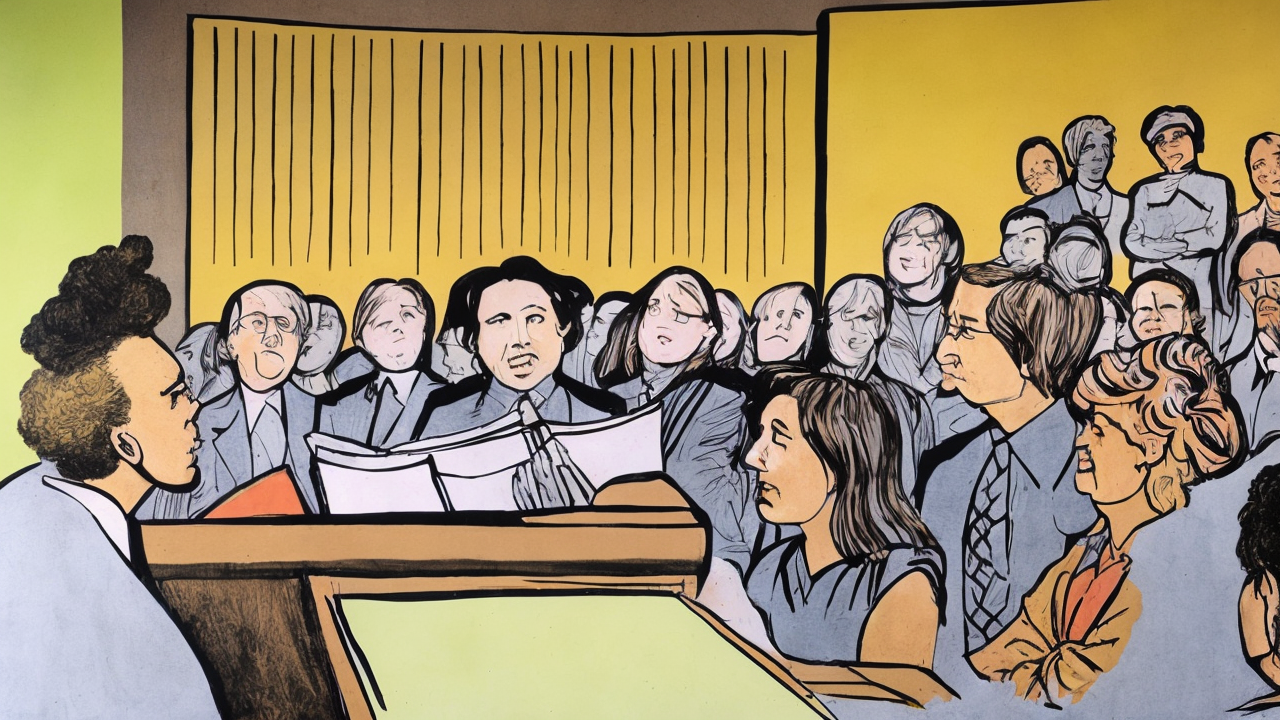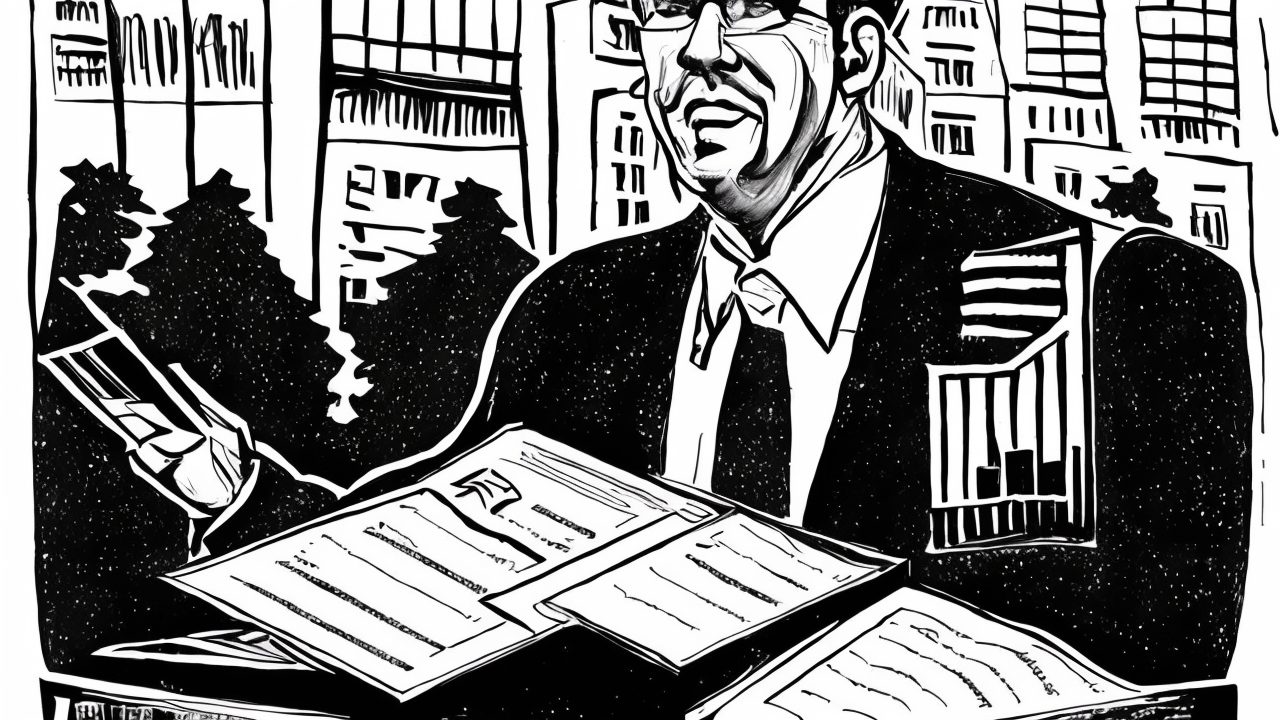Alleged Nationwide Criminal Enterprise Linked to COVID Drug Remdesivir

The story of Remdesivir during the pandemic raises serious questions about the integrity of federal health policy and the responsibilities entrusted to those in power. While the drug was initially promoted as a promising treatment for COVID-19, growing evidence suggests that its widespread use may have been driven more by financial incentives and institutional momentum than by sound medical judgment. Reports from Florida, Louisiana, Texas, and other states point to a troubling pattern: patients were administered the drug despite clear warnings from the World Health Organization and documented risks, including kidney failure and organ damage.
Independent investigations by the Vires Law Group reveal that hospitals received substantial financial bonuses for treating patients with Remdesivir—even when those patients declined the medication. This practice raises deep ethical concerns. No patient should be subjected to a treatment they did not consent to, especially one with known dangers. Families of deceased patients have shared heartbreaking accounts of loved ones who were given the drug against their will, often in the final days of life, with no clear benefit and significant harm.
The role of federal agencies such as the CDC, FDA, NIH, and CMS in endorsing Remdesivir as a standard of care, despite mounting data to the contrary, is particularly troubling. These institutions are meant to serve the public, not to become instruments of profit or bureaucratic inertia. When agencies prioritize the interests of pharmaceutical companies over patient safety, they fail in their fundamental duty. Gilead Sciences, the manufacturer of Remdesivir, reportedly benefited handsomely from the drug’s mass administration, even as reports of adverse outcomes mounted.
The claim that up to 800,000 lives may have been lost due to the use of this drug—whether through direct harm or the diversion of resources from more effective treatments—demands serious scrutiny. Such a toll is not merely a statistical figure; it represents real people, families, and communities devastated by what appears to have been a systemic failure. When medical decisions are influenced by financial rewards rather than clinical outcomes, the foundation of trust in our healthcare system begins to erode.
This is not simply a matter of poor judgment. It is a warning about what happens when federal power operates without oversight, transparency, or accountability. The concentration of authority in a few distant institutions—removed from the realities faced by patients and their families—creates a dangerous disconnect. When decisions are made in Washington, D.C., without meaningful input from local physicians, patients, or communities, the results can be catastrophic.
Calls for investigation under the RICO Act are not an overreaction. If there is evidence of coordinated, illegal conduct involving fraud, bribery, and the deliberate endangerment of lives, then legal recourse is not only appropriate but necessary. The American people have a right to know how their health policies were shaped—and whether they were shaped by the public good or by private gain.
Reform is essential. We must ensure that public health decisions are guided by medical science, ethical standards, and the consent of patients—not by financial incentives or political expediency. Agencies should be required to disclose their relationships with pharmaceutical companies, and treatment protocols must be transparent and subject to independent review. Local doctors and families should have a stronger voice in care decisions, especially during crises.
The pandemic exposed not only a global health threat but also the vulnerabilities in our system of governance. When authority is unchecked, even well-intentioned programs can lead to harm. The lessons from Remdesivir are clear: trust must be earned, power must be limited, and accountability must be real. Only then can we rebuild confidence in the institutions meant to protect us.
Published: 10/16/2025








